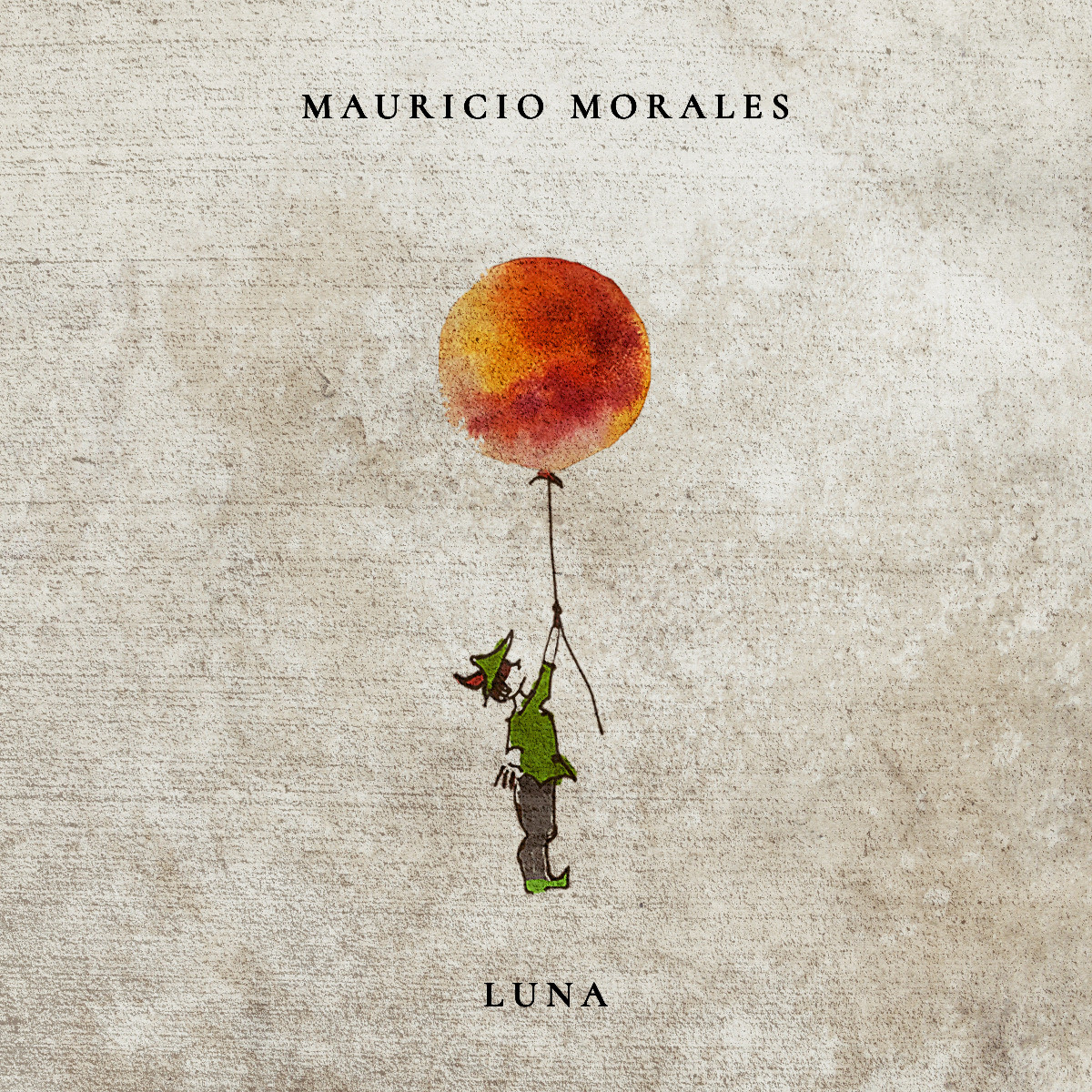‘Luna’ is the debut album from rising jazz bassist and composer, Mauricio Morales. It’s a conceptual work that echoes with the sounds of spring, childhood innocence, and a beautiful tapestry of cinematic string arrangements worthy of the highest merit. A odyssey through time, movement and everything in between.
Unlike quite a few contemporary instrumental jazz albums to have come out in the past year, Morales’ ‘Luna’ is a piece of work that manages to make the melodies accessible, whilst maintaining incredible compositional mastery. Often times an artist is the sum of all their influences, and sometimes as a result they manage to create a voice of their own. Such is the case with the opening title track. Immediately you can hear the Berklee education and big band sounds in the arrangement of Luna, but the playfulness of melody and counterpoint in Morale’s music, particularly in his highly inventive bass solo. The incredibly contagious burst of infectious groove carries through nicely to the second track , ‘The Forest ‘ , literally painting a landscape of a Forest you want to get lost in . Stellar contributions from the pianist solo and drumming gives the track the space it needs against the exquisite string arrangements. Whilst one is inclined to hear a very influential Vince Mendosa’esque voice , in particular to the arrangement, the sound overall maintains its own voice.
The next track ‘Terremoto’ came as a burst of a rock-jazz dance , twisting and turning with chaotic drumming and horn solos. It was written , according to Morales, as a reaction to the 2017 Earthquake which shook his native Mexico City. The strings are almost reminders of the misery that sadly unites communities to join forces in salvaging such a disaster. Morales is absolutely crystal clear as a storyteller, taking the listener where they need to go . You could hear in the almost cryptic ending of the track that there was a dire need for even more healing in Morales’ world. Beautifully captured in the following track of ‘Colibri’, or ‘ hummingbird’, once again a visual tapestry of the often told tale of unity through division came to mind. it was here that Morales’ native Mexican heritage came to life, particularly in the slower piano bits, a nice change of pace . The saxophone solo would only highlight the angst of this piece, giving a sense of empowerment to the story of ‘Colibri’ , who turned out to be a majestic story of resilience and fortitude.
‘The Glass Door’, a gentle nod to the influence Robert Glasper had on the highly inventie Morales, is certainly an impressive dialogue of harmonic structure and altering melodies. Truthfully, it felt like a showcase piece of musical virtuosity which was well received and welcomed. It felt almost intentional for Morales to place the following ‘Relojito’, a truly heartwarming tribute to Morales’ departed Grandfather as the next track; it was a reminder of the whole feel of ‘Luna’ and a hearkening to the mexican Lunar tradition of sending balloons with wishes up to the sky on the eve of Epiphany. You could literally hear the joyful, adventurous and almost wistful sounds of Morales’ childhood , as if in conversation with his grandfather. The ending track, ‘Garden of Hope’, perfectly captures the almost freeing spirit of the entire album. The electrifying guitar solo was a fantastic instrumental choice, once again proving Morales’ genius in allowing his musicians free reign to his work.
A masterful storyteller, a beautiful poetic spirit captured in this wonderfully original jazz release.
Have a listen to this rising star
Support Mauricio Morales’ music here – Luna is out now via Outside in Music.














No Comment